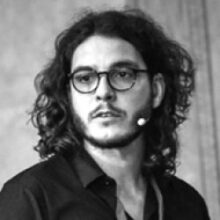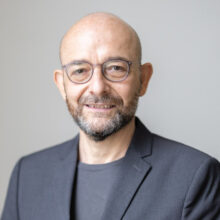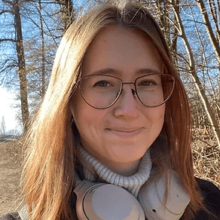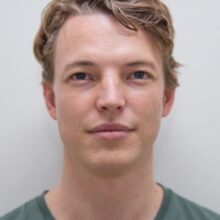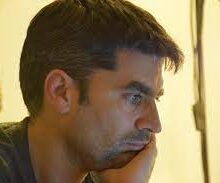Quantum physics and the first-person perspective
Seeing | Quantum physics
![]() Markus Müller, PhD | 2022-10-23
Markus Müller, PhD | 2022-10-23
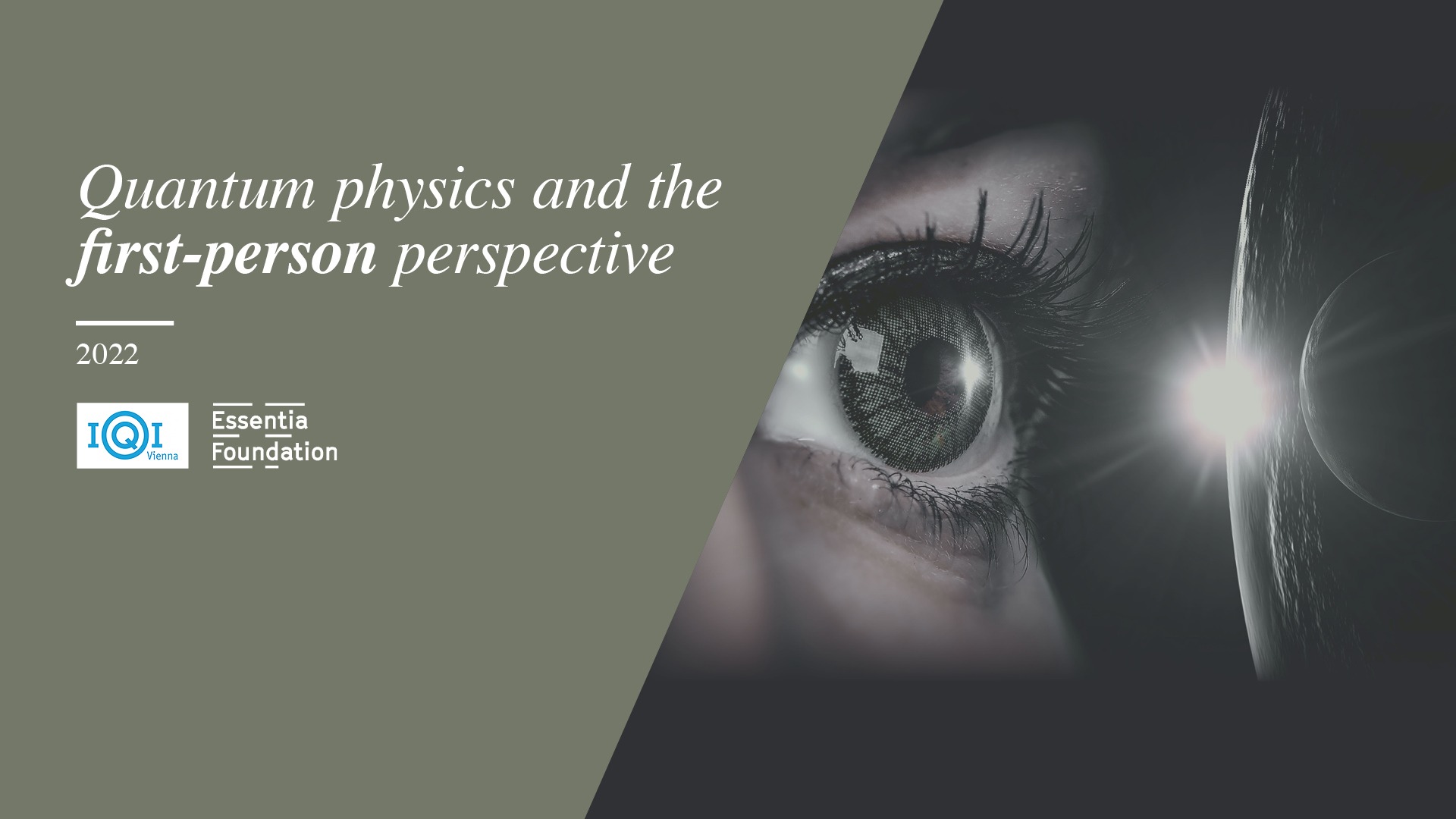
The Nobel Prize in physics in 2022 went to scientists who, for over 40 years, have carried out a series of experiments indicating that, contrary to materialist expectations, physical entities do not have standalone existence but are, in fact, products of observation. This result is extraordinarily relevant to our understanding of the nature of reality, and so Essentia Foundation’s conference this year is organized in collaboration with the Institute for Quantum Optics and Quantum Information, Vienna (IQOQI-Vienna), of the Austrian Academy of Sciences. The IQOQI-Vienna is home to Prof. Anton Zeilinger, one of 2022’s Nobel Laureates in physics. The conference will be hosted by IQOQI-Vienna’s Dr. Markus Müller and feature seven other speakers. You can attend the conference online, for free, without need for registration, by using this link: https://webinar.cue-support.nl/essentiafoundation. So set the dates in your calendars: 17 and 18 November 2022, between 2:00pm and 5:45pm (Central European Standard Time, CEST).
Classical physics describes the objective and deterministic evolution of a unique external world composed of material entities. One of its main characteristics is to keep the observer out of the description, and this commitment has historically, without doubt, been an important methodological strength. However, quantum physics challenges this commitment: for example, the measurement problem attributes special significance to the act of observation, and Bell’s theorem challenges the assumption that measurements always reveal preexisting properties of the world.
Are some ‘laws of nature’ better interpreted as agents’ betting strategies than facts of the world? Should we think of quantum theory as relational, and if so, as specifically relative to an observer, as Wigner’s friend-type thought experiments may suggest? At this conference, we will discuss whether, and if so, how, the first-person perspective is an irreducible part of quantum physics, and what this may tell us about the paradigm of materialism.
You can watch the conference live via this link: https://webinar.cue-support.nl/essentiafoundation.
Conference speakers
Dr. Markus Müller, IQOQI-Vienna, Austrian Academy of Sciences, conference host.
Conference program
Thursday, 17 November 2022
- 14:00h: Introduction by Dr. Markus Müller, IQOQI-Vienna, Austrian Academy of Sciences.
- 14:20h: Dr. Eric Cavalcanti, Centre for Quantum Dynamics, Griffith University.
- 15:05h: Dr. Caslav Brukner, IQOQI-Vienna, Austrian Academy of Sciences.
- 15:45h: Nuriya Nurgalieva, ETH Zürich.
- 16:25h: Panel discussion and wrap-up.
Friday, 18 November 2022
- 14:00h: Introduction by Dr. Markus Müller, IQOQI-Vienna, Austrian Academy of Sciences.
- 14:20h: Dr. Jacques Pienaar, QBism group at the University of Massachusetts Boston.
- 15:05h: Dr. Emily Adlam, Rotman Institute of Philosophy, Western University.
- 15:45h: Dr. Daniele Oriti, Ludwig-Maximilians-Universität München, Department für Physik, Mathematische Physik – Stringtheorie.
- 16:25h: Dr. Lorenzo Catani, Schmid College of Science and Technology, Chapman University.
- 17:00h: Panel discussion and wrap-up.

Essentia Foundation communicates, in an accessible but rigorous manner, the latest results in science and philosophy that point to the mental nature of reality. We are committed to strict, academic-level curation of the material we publish.
Recently published
Reading
Essays
Seeing
Videos
Let us build the future of our culture together
Essentia Foundation is a registered non-profit committed to making its content as accessible as possible. Therefore, we depend on contributions from people like you to continue to do our work. There are many ways to contribute.







